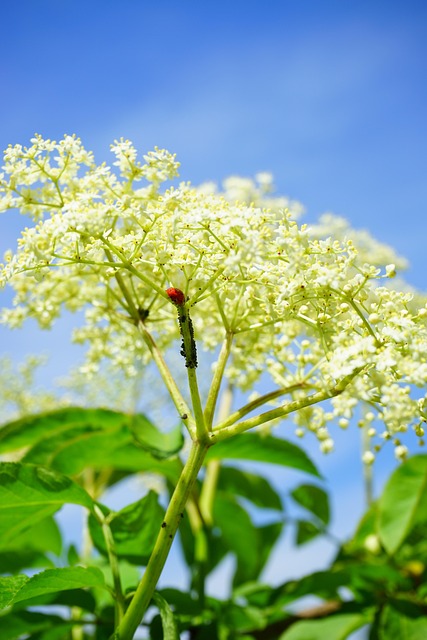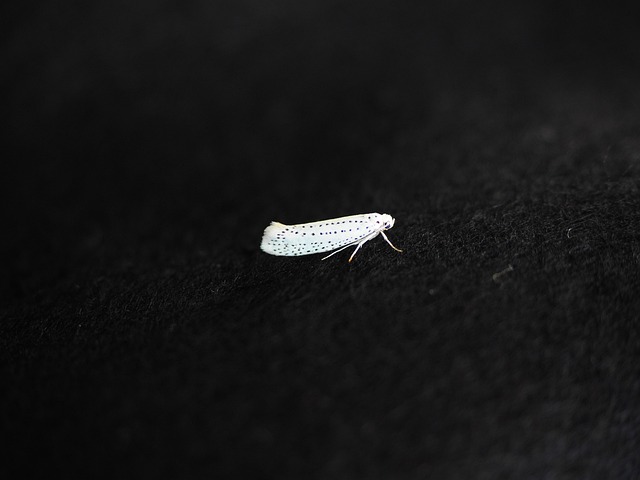Integrated Pest Management (IPM) offers a holistic approach to mosquito control in Sheridan, focusing on preventing West Nile Virus by understanding mosquito life cycles and habitats. Tactics include eliminating standing water, encouraging natural predators, using biological and chemical controls, and implementing structural changes. Homeowners can significantly reduce disease risks by combining measures like removing birdbaths, cleaning gutters, using insect repellents, and installing mosquito traps, thereby safeguarding community health.
In the pursuit of a healthier, safer community, integrated pest management (IPM) for mosquitoes emerges as a comprehensive solution. This article explores effective residential strategies to combat the West Nile Virus in Sheridan through IPM. By understanding the principles of IPM and adopting preventative measures, residents can significantly reduce mosquito populations and minimize health risks associated with the West Nile virus. Discover practical steps to protect your community from this vector-borne threat using eco-friendly methods tailored for Sheridan’s unique environment.
- Understanding Integrated Pest Management for Mosquitoes
- Residential Strategies to Combat West Nile Virus
- Preventative Measures: Protecting Sheridan's Community Health
Understanding Integrated Pest Management for Mosquitoes

Integrated Pest Management (IPM) offers a comprehensive approach to mosquito control, especially with the focus on residential areas and preventing diseases like West Nile Virus in Sheridan. This strategy goes beyond traditional methods by considering the entire ecosystem and employing multiple tactics to manage mosquito populations effectively. By understanding their life cycles and habitats, IPM strategies target mosquitoes at various stages, from eggs to adults, using a combination of biological, cultural, structural, and chemical controls.
For residential mosquito control, IPM emphasizes good sanitation practices, such as eliminating standing water where mosquitoes breed. It also encourages the use of natural predators like birds and fish, as well as bacteria and parasites that specifically target mosquitoes. In Sheridan, where West Nile Virus has been a concern, IPM can play a vital role in reducing mosquito-borne disease risks by implementing these integrated strategies to create an environment less conducive to mosquito breeding and activity.
Residential Strategies to Combat West Nile Virus

In residential areas like Sheridan, combating the West Nile Virus requires a multi-faceted approach, with mosquito control at the forefront. Homeowners and local communities play a crucial role in preventing the spread of this potentially serious disease. One effective strategy is to eliminate standing water, as mosquitoes breed in stagnant water sources. This includes draining birdbaths, old tires, and flower pots, as well as cleaning gutters regularly to prevent clogs that can create breeding grounds.
Additionally, residential mosquito control measures involve using insect repellents and installing mosquito traps. Property owners can apply EPA-registered repellents around their homes, focusing on entry points and areas where people gather. Mosquito traps, particularly those attracting and killing Culex mosquitoes (the primary carriers of West Nile Virus), can be placed in strategic locations to reduce the local mosquito population. By combining these strategies, residents can significantly lower the risk of West Nile Virus transmission while enjoying their outdoor spaces safely.
Preventative Measures: Protecting Sheridan's Community Health

In the context of integrated pest management, preventative measures play a pivotal role in safeguarding our community’s health, particularly when it comes to vector-borne diseases like West Nile virus. For residents in Sheridan, implementing effective residential mosquito control strategies is not just a personal responsibility but also a collective effort to mitigate health risks. This proactive approach involves utilizing various methods to reduce mosquito breeding grounds and limit their exposure to both humans and animals.
By focusing on preventive care, we can significantly decrease the likelihood of transmission for diseases carried by these insects. For instance, residential mosquito control initiatives may include eliminating standing water—a primary breeding site for mosquitoes—through regular cleaning or installation of drainage systems. Additionally, using protective netting in outdoor living spaces and applying approved insect repellents can offer further barriers against bites. These measures not only protect individuals but also contribute to a broader strategy of community health preservation in Sheridan.
Integrated Pest Management (IPM) offers a comprehensive approach to residential mosquito control, addressing the complex ecosystem of mosquitoes and West Nile virus in Sheridan. By combining strategic prevention methods, community education, and targeted treatments, we can significantly reduce mosquito populations and the risks associated with the West Nile virus transmission. Adopting these sustainable practices ensures a healthier, safer environment for all residents while preserving the ecological balance that makes our community unique. Implementing effective residential mosquito control strategies is pivotal in protecting public health and fostering a vibrant, mosquito-free Sheridan.
